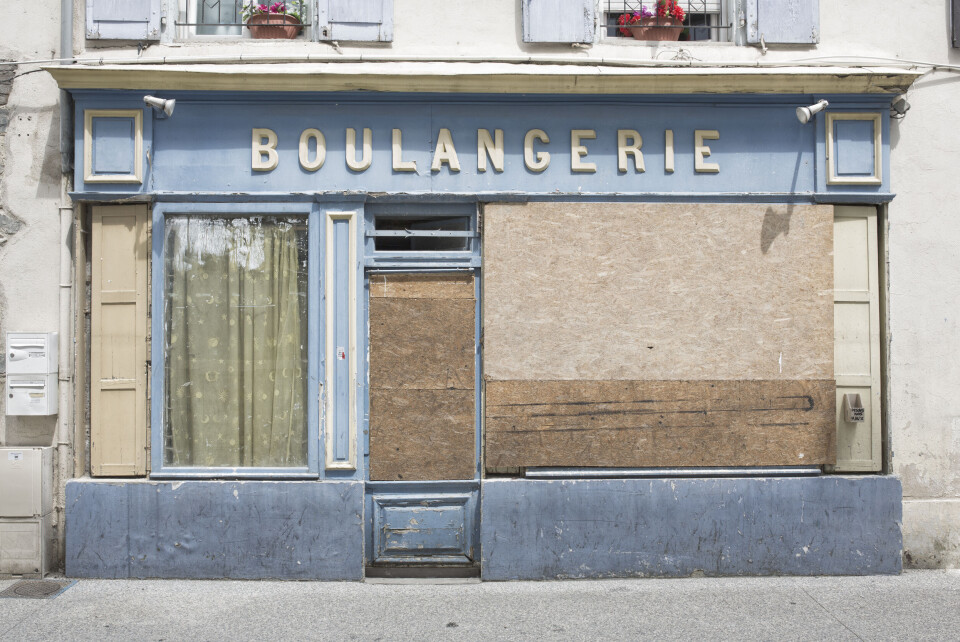-
From 'romantic Paris' to dating apps: love is changing in France
Researcher Aziliz Kondracki explains the role that romance plays in modern France
-
My tips for bird nesting season in south-west France
Some species begin building nests as early as February, including collared doves, mistle thrushes and song thrushes
-
What I miss about France after moving back to UK
Columnist Gillian Harvey, who returned to the UK in 2024, explains what she misses – and what she has gained in the process
Failing French villages must resist quick wins and plan better future
Journalist Samantha David looks at her home village in France and how local authorities need to work together to create a long term vision

Many French villages are keen to maintain their populations, if not positively attract newcomers, especially families with school-age children.
We all know what a declining village looks like: no shops, no bar, no doctor, post office or primary school, paint peeling off ancient adverts, a church that has not hosted Mass for months.
Who wants to move into a village like that?
Local jobs are needed
The trouble is that once a population declines past a certain point, it is hard to finance village fêtes, flower boxes and new sports facilities, meaning property prices stagnate or even decrease.
It is fine for those established beauty spots crammed with stylishly repainted façades, pot plants and Instagrammable cats lounging in the sunshine.
But once a place starts to look run-down, things get depressing.
All too aware of this, mayors across the Hexagon work to make their villages attractive.
They also do their best to attract employers.
Our village is very keen to help local businesses expand, and has given permission for a new factory a couple of kilometres east of the village. It will be tasteful and discreet. It will mean new jobs.
There is just one problem. The main road is a couple of kilometres to the west, and the only road between the two runs straight through the centre of the village.
It is not just the lorries taking jam out of the factory. There will be lorries bringing jars and sugar and packaging and other supplies into the factory.
We are talking a non-stop cavalcade of heavy traffic.
Lack of strategic thinking
The village is already gap-toothed: there is a bar on one street, a baker in another, the health centre is a short drive up the hill, the mairie opposite the more-or-less abandoned church, and around the back there is an organic farm shop if you know exactly where to look.
All these services and businesses are individually located. It is hard to walk between them. It would be so much better if they were all grouped together in the centre of the village, preferably with some free parking. And no lorries.
They would be the bones of a thriving village centre.
It is a tricky problem. Creating jobs is such a holy grail that almost anything is worth it. On the other hand, a village cut in half by a main road is a heavy price to pay.
Would it not be better for councils to make strategic long-term plans?
A common goal
If our new factory was being built on the other side of the village, we would get the jobs without the lorries. If businesses and services were encouraged to centralise, would they not all attract more customers?
None of this is achievable overnight, of course. Buying land, negotiating with everyone, edging towards the goal inch by inch.
But is that not the point of politics?
Rather than randomly giving permission for projects, are local authorities not supposed to keep an eye on the long term, build consensus, and construct a future that works for everyone?
Related articles
The ‘ideal town of tomorrow’ imagined by the French public
Small French villages hit by cash dispenser thieves and ‘jackpotting’
Photos: 14 villages vie to be French favourite: which gets your vote?
























